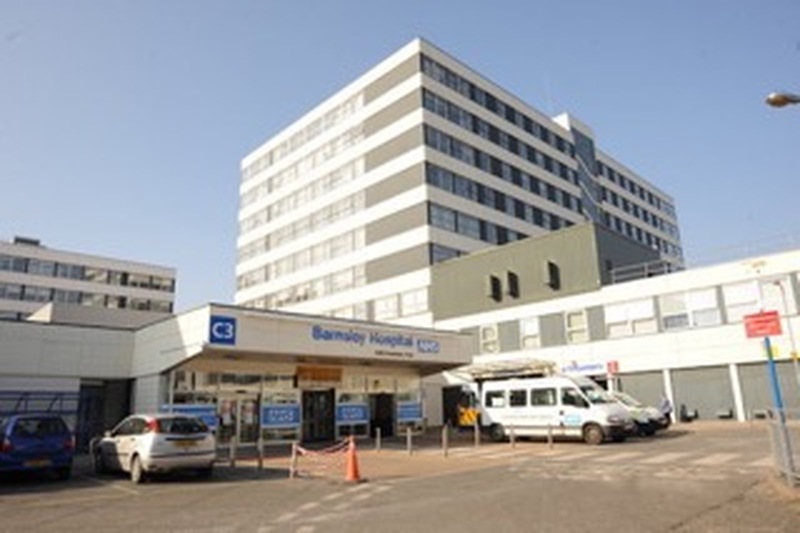MORE than 21,000 patients were waiting for routine treatment at Barnsley Hospital in July - but the figures are continuing to drop.
NHS England figures show 21,608 patients were waiting for non-urgent elective operations or treatment at the Gawber Road site at the end of July - down from 22,088 in June, and 21,618 in July 2023.
Of those, 105 had been waiting for longer than a year.
The median waiting time from referral at an NHS Trust to treatment at Barnsley Hospital was ten weeks at the end of July - the same as in June.
Nationally, 7.62 million people were waiting to start treatment at the end of July - unchanged from the end of June.
Prime Minister Keir Starmer has said there will be no more money for the NHS without reform.
The rapid review, carried out in nine weeks, says the health service ‘is in critical condition, but its vital signs are strong’.
It sets out widespread issues, including a failure to cut waits in A and E, missed targets for treatment and cancer care, alongside low productivity in hospitals despite investment in staffing.
Separate figures show 1.6 million patients in England were waiting for a key diagnostic test in July - the same as in June.
At Barnsley Hospital, 3,072 patients were waiting for one of 11 standard tests, such as an MRI scan, non-obstetric ultrasound or gastroscopy at this time.
Of them, 76 had been waiting for at least six weeks.
Other figures from NHS England show that 84 out of 115 cancer patients urgently referred to Barnsley Hospital in July received treatment within two months of their referral.
A month previously - when 97 patients were referred - 76 were treated within 62 days.
In July 2023, 57 out of 80 patients were treated within this period.
Tim Gardner, assistant director of policy at think tank the Health Foundation, said: “Lord Darzi’s diagnosis and the new figures published today lay bare the consequences of a decade of under-investment in the NHS and the immense challenge for the new government in reversing the NHS’ decline.
“We need to shift more resources towards primary care and community-based services, NHS buildings and equipment must be modernised, and technology must be harnessed to improve care for patients.
“Only then will we make the NHS fit for the future.”



























